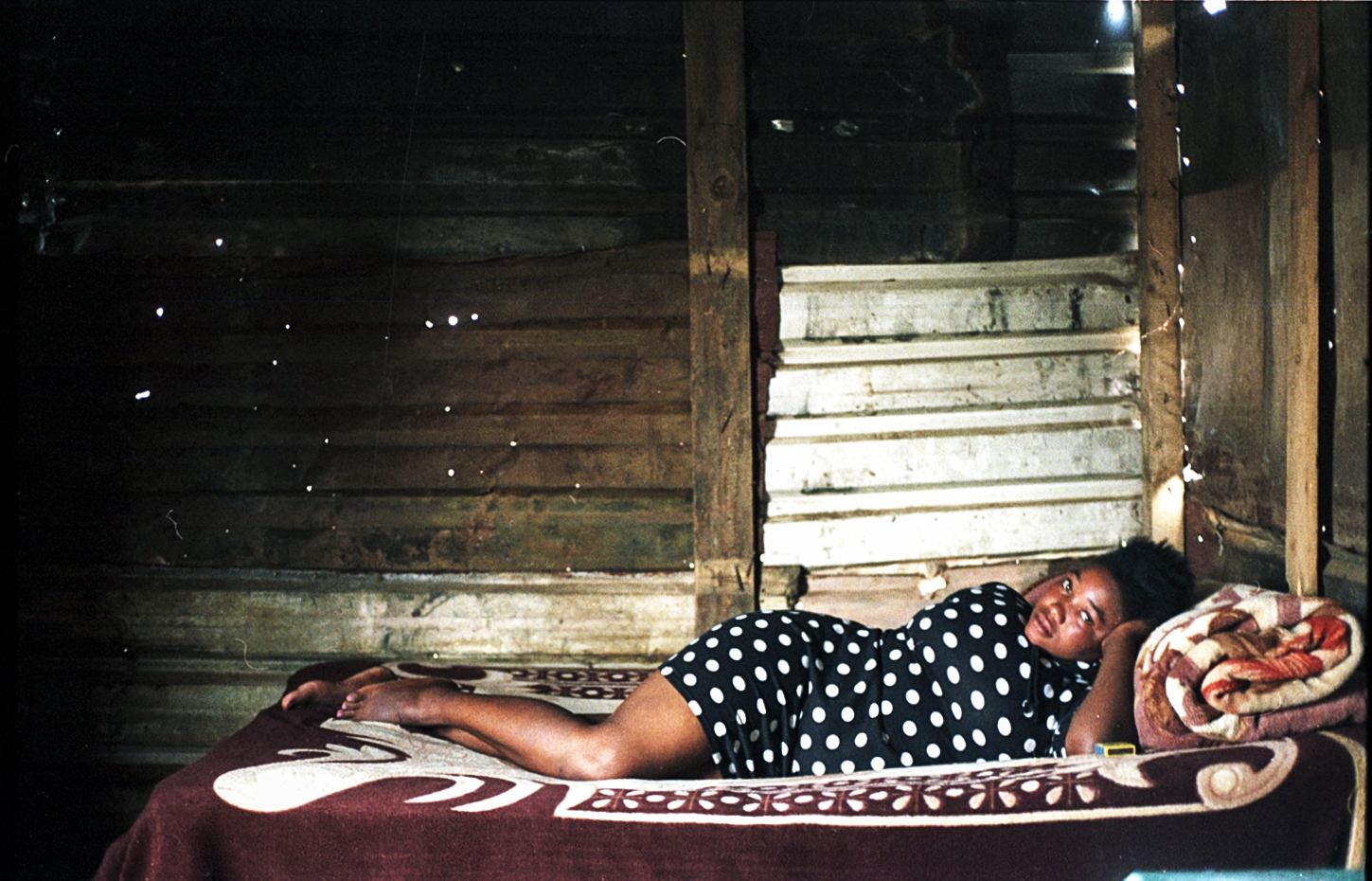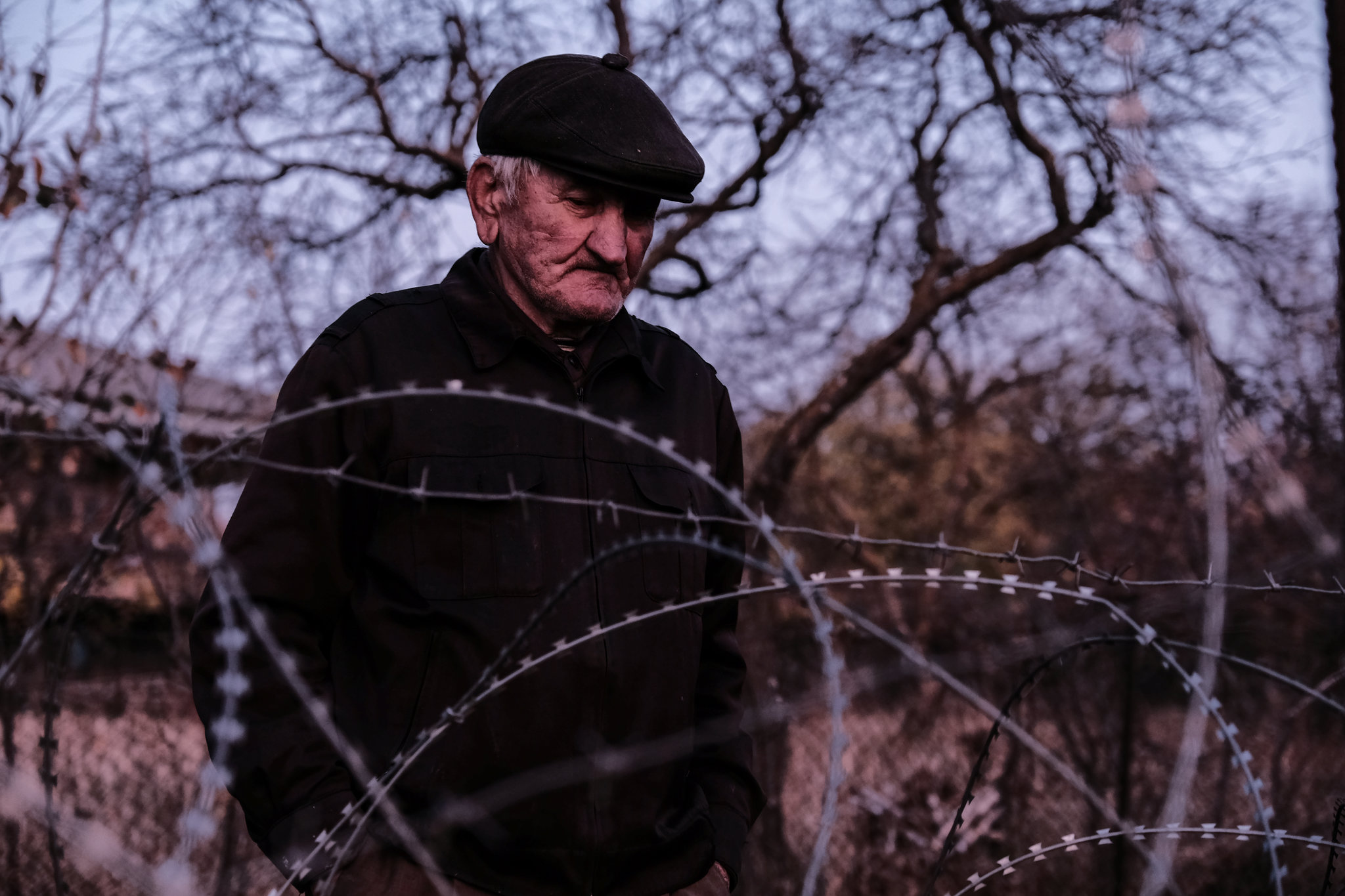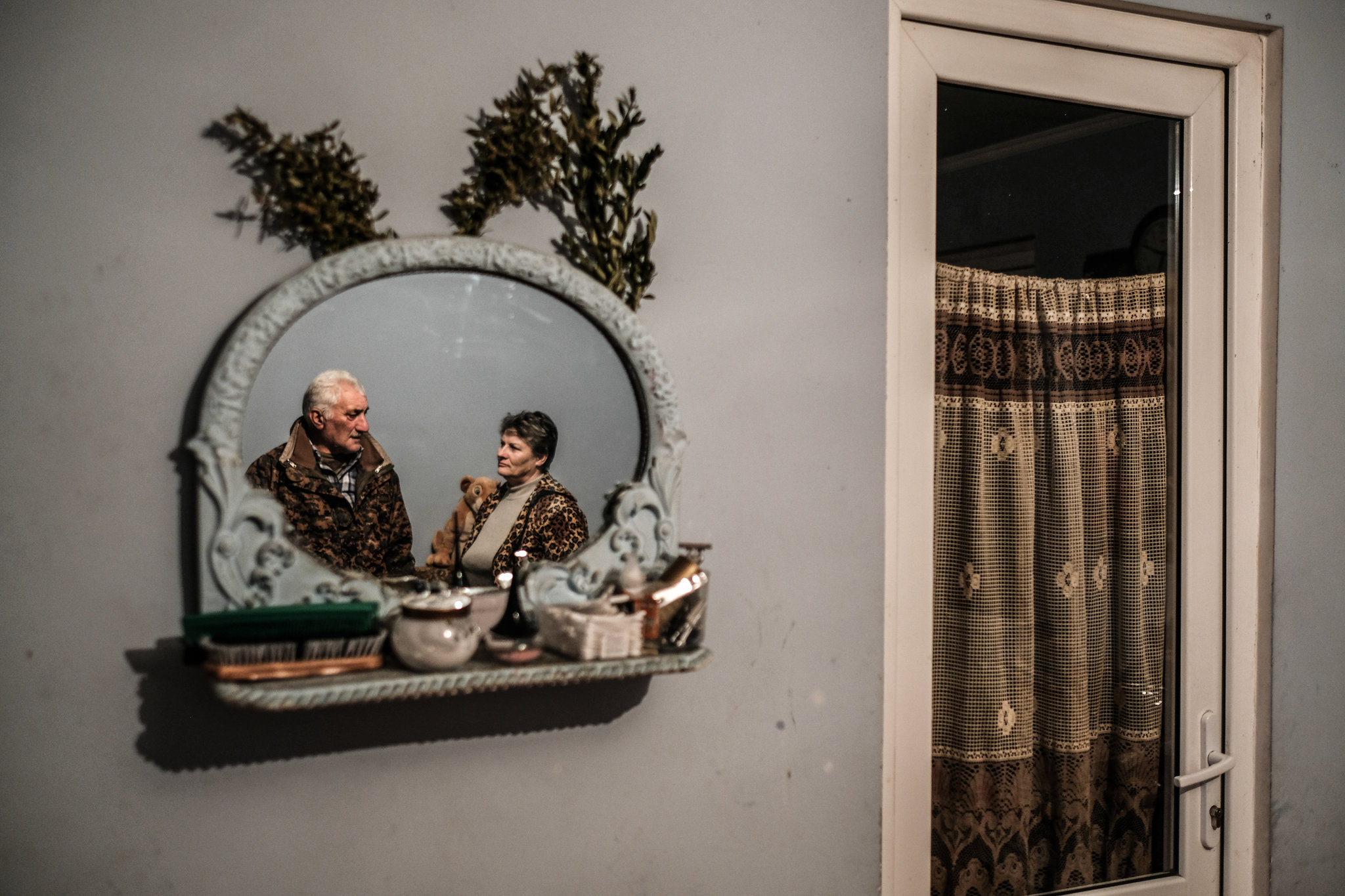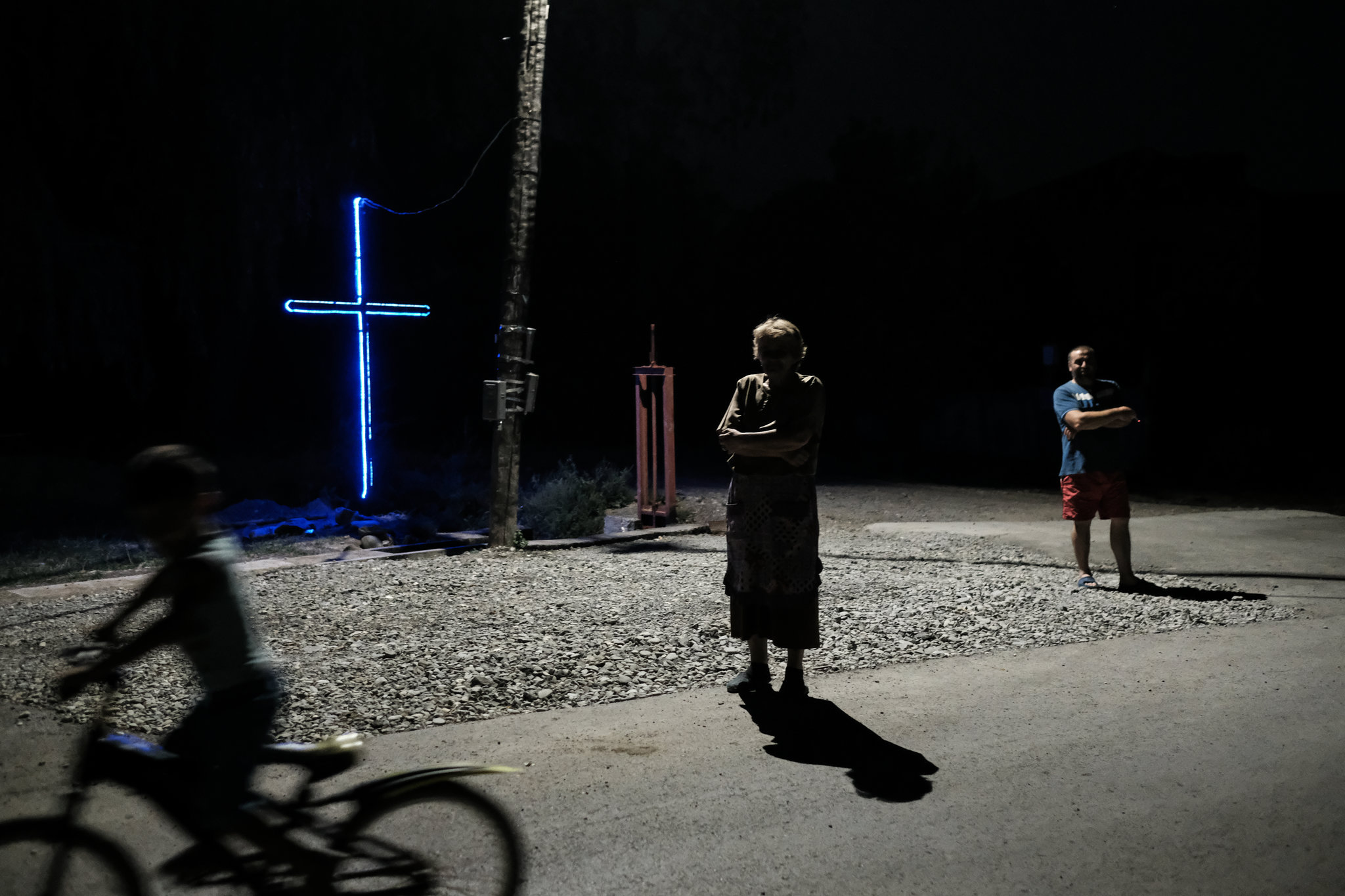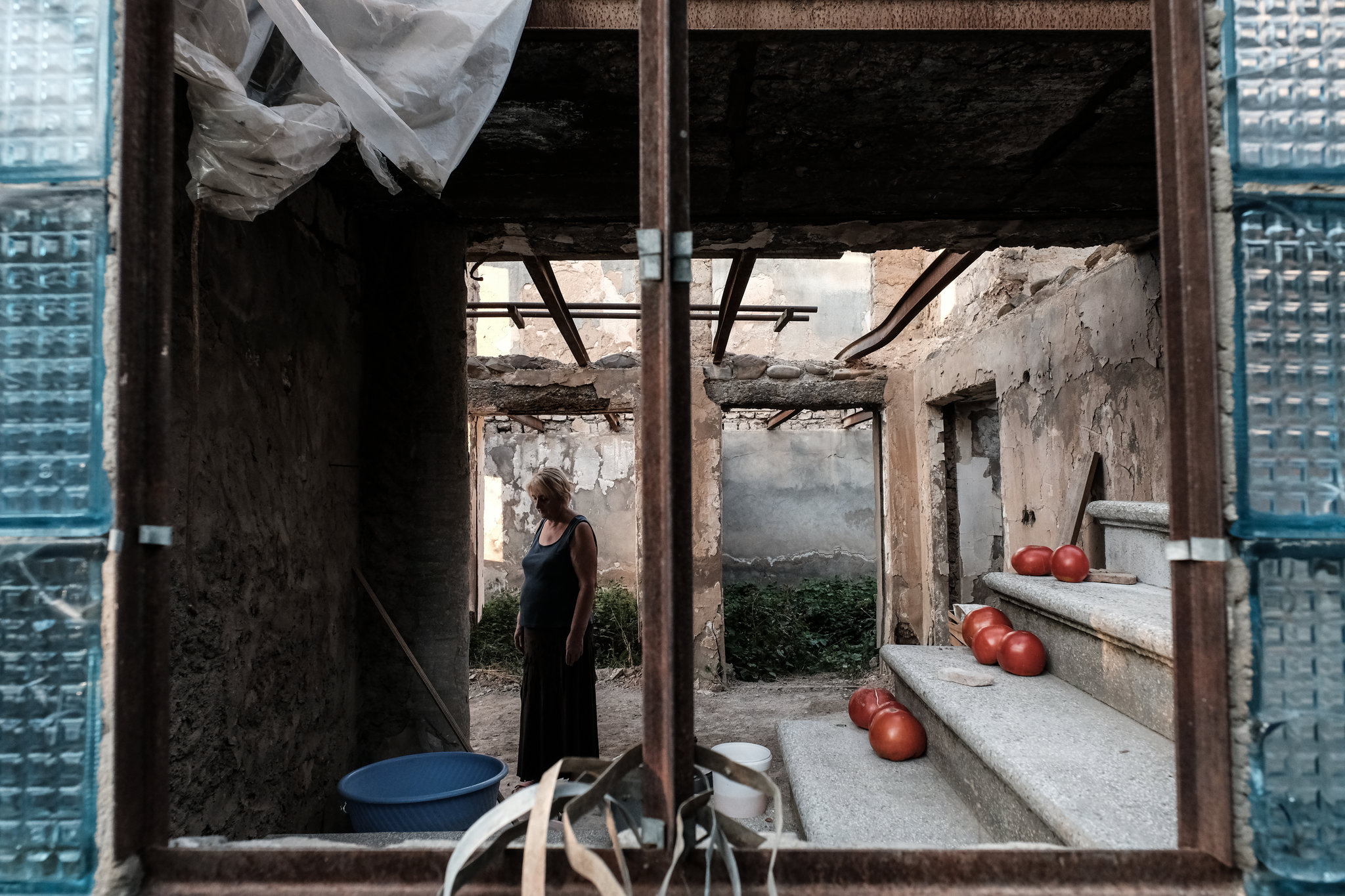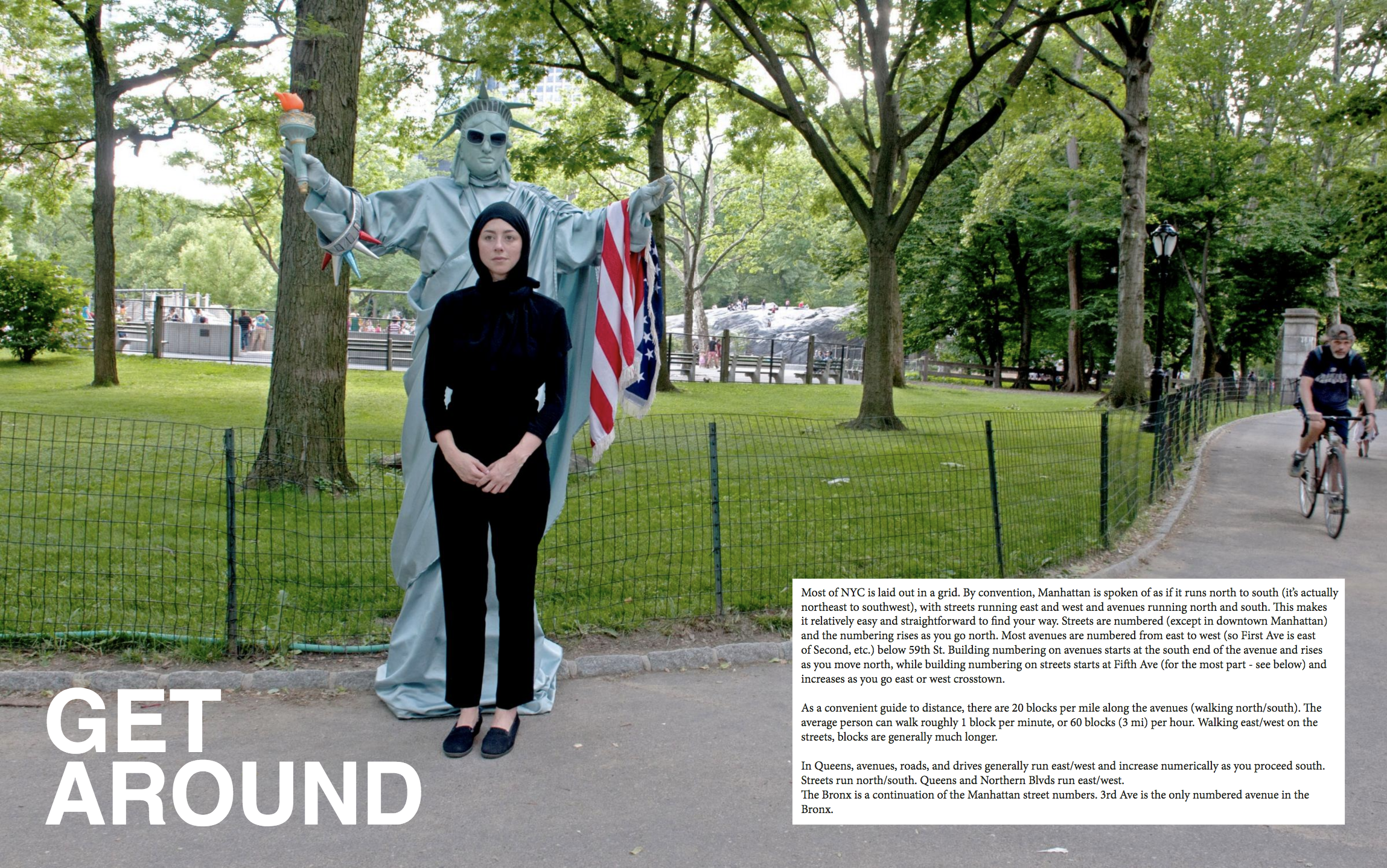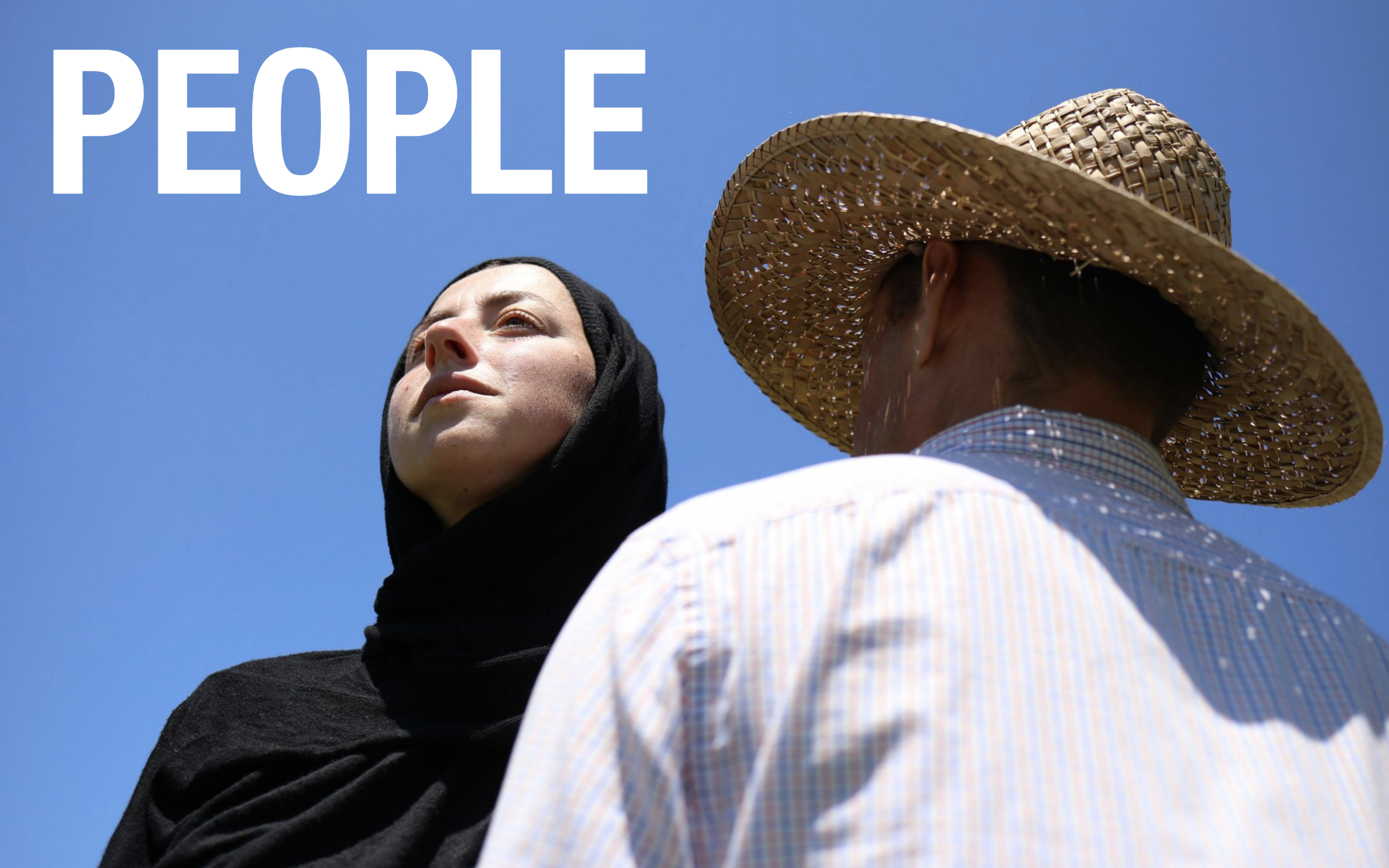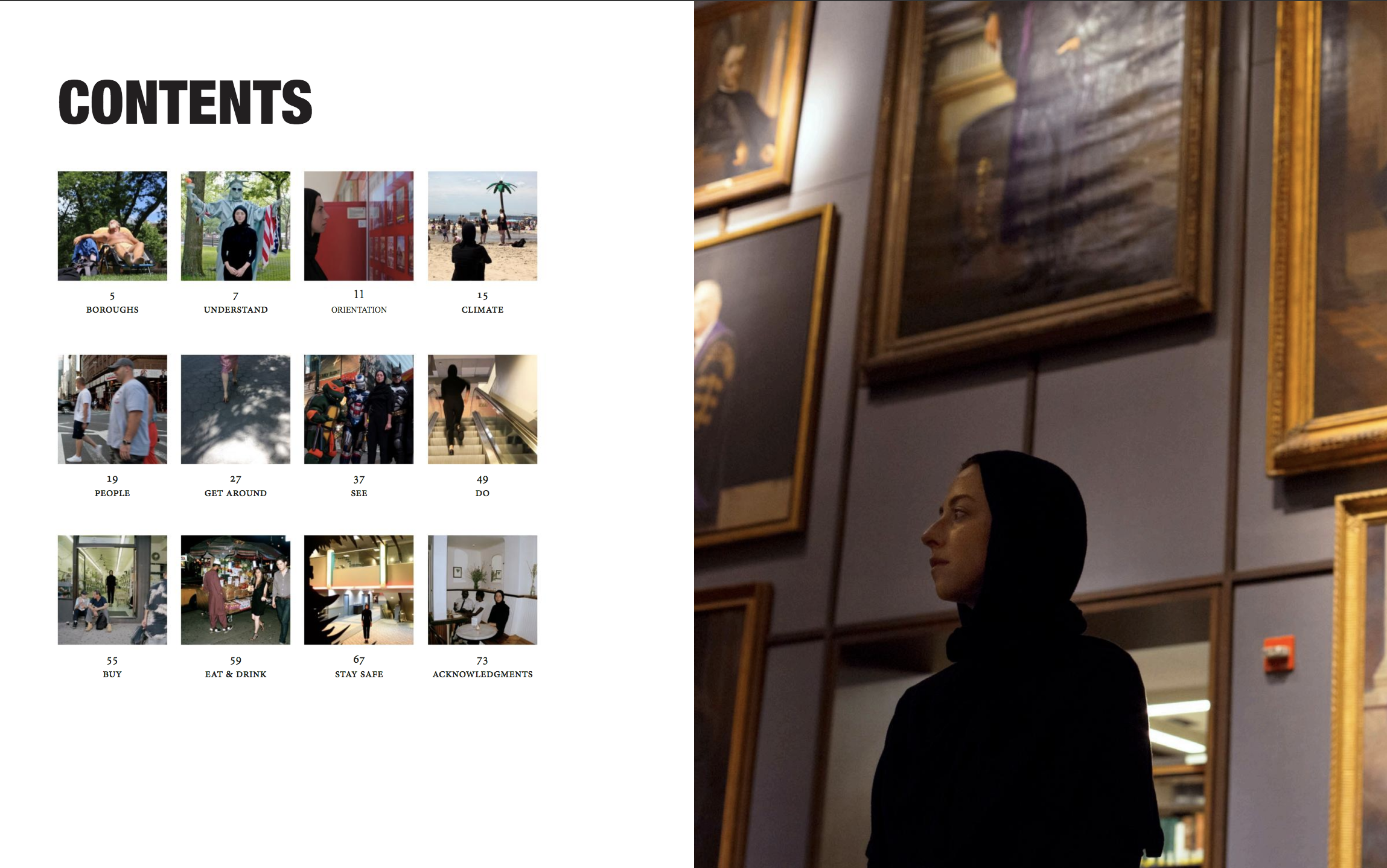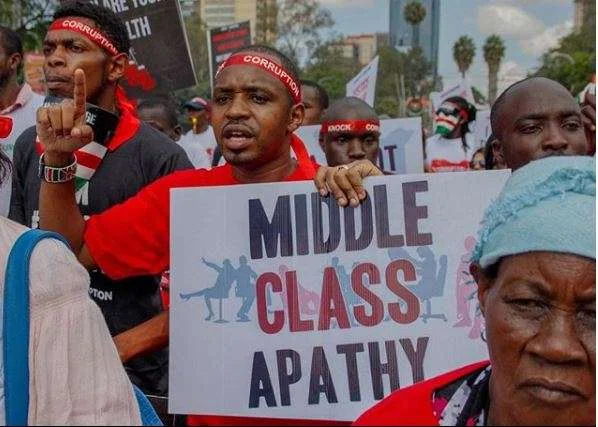Open Call: Photography and Social Justice Fellowship
Lindokuhle Sobekwa
About the Fellowship
Magnum Foundation’s Photography and Social Justice Program expands diversity and creativity in the field of documentary photography through capacity-building and critical explorations of photography and social change.
Each year, the program supports a diverse, international group of Photography and Social Justice Fellows who are passionate about challenging injustice, pursuing social equality, and advancing human rights through photography. With New York City as a cultural resource, the program provides space for interdisciplinary experimentation, mentored project development, and cross-cultural, critical discourse at the intersection of photography and social justice. During the program, Fellows work on projects in their home communities* with support from Magnum Foundation’s mentors.
Magnum Foundation covers the cost of travel and room and board for the sessions in New York City. Fellows also receive a modest stipend to support the production of their projects. The program is produced in partnership with the City University of New York Graduate School of Journalism.
*Though we value international perspectives, and support photographers who work internationally through other Magnum Foundation programs, this particular fellowship is meant to provide training and mentorship for those who have a keen ability to recognize the nuances in their own cultures, speak from a place of personal knowledge and experience about their place and community, and have deep personal connections to their work.
elements of the program:
Project Development and Frameworks: April–May 2019
These initial bi-weekly online sessions provide conceptual groundwork for the training and a forum for the Fellows to develop their project ideas.
New York Session 1: June 1–30, 2019
The first session in New York City is a four week training hosted by CUNY’s Graduate School of Journalism. This first session focuses on project development, technical trainings, and experimentation. This session will include exploration of emerging tools and platforms, lectures on documentary photography, and discussions on critical theory.
Mentored Project Production: June 2019–January 2020
Fellows produce a body of work that aims to advance social justice in their communities with mentorship from accomplished photographers, artists, and others from Magnum Foundation’s network.
New York Session 2: Jan 11–26, 2020
This two week session includes a final review of the Fellows’ projects and focus on social engagement and creative presentation strategies.
Prospective Applicants
Magnum Foundation Photography and Social Justice Fellows are early-career photographers or individuals trained in aligned disciplines who are motivated to deepen their engagement with photography and visual storytelling.
Photography and Social Justice Fellows are part of social, political, or cultural groups who are currently or historically oppressed or excluded, and come from communities around the world where freedom of expression is limited. This program especially aims to support people of color, women, gender non-conforming individuals, LGBTQ individuals, individuals who are part of racial, ethnic, or religious minority groups, and others whose authorship is unevenly represented within the field of documentary photography.
The Photography and Social Justice Program is designed to prepare our fellows to be effective and creative leaders in their home communities. Our hope is that our fellows become models and resources for other practitioners, and that they cultivate strength and support through their international colleagues. Through this program, Magnum Foundation trains photographers to use their creative skills to inspire social movements, to witness, to resist oppression, to pose the difficult questions, and to stimulate debate and awareness about critical social issues.
Criteria:
• Early-career documentary photographers, artists, and photojournalists
• Activists who use photography in their change-making practice
• Journalists who would like to deepen their engagement with photography
• Scholars who incorporate images and image-making in their research and scholarship
• Preference is given to those who have not had previous opportunity to do a formal course of study in photography at the university level.
• Applicants must be proficient in spoken and written English. All instruction will be in English and there will be no simultaneous translation for instruction or discussion during the course sessions.
• We are especially seeking applications from people of color, women, individuals who are part of social, political, or cultural groups who are currently or historically oppressed or excluded, and individuals who are LGBTQ or non-binary. Refugees are welcome to apply.
Apply
Applications will be received and reviewed on a rolling basis until October 5th, 2018.
Photography and Social Justice Fellows are selected through an open, international call for applications. Those not eligible for the program can recommend someone else by sharing the open call, or contacting us, as we welcome recommendations.
Fellows will be chosen by the Magnum Foundation’s internal selection committee and notified Mid-December 2018.
All finalists for the fellowship will be interviewed to ensure verbal proficiency in English. (Please note that this language requirement exists because Fellows’ discussions, workshops, readings, and mentorship sessions in New York are conducted in English).
Past Projects
Creeping Borders by Tako Robakidze | Georgia
“For some people in my country, it is not difficult anymore to imagine going to sleep in their own country and waking up on an occupied territory.”
Creeping Borders shows how the lasting Russian occupation of Georgian territories affects ordinary people living in the villages along the occupation line, and the internally displaces people forced to leave their homes and livelihoods.
Tako's project will be soon published as a multimedia video, which she has screened in Eredvi, a village central to the story. Photographs from the project have been published in The New York Times Lens Blog.
The Window by Zhou Na | China
The Window is a multimedia reflection on the aftermath of the Tianjin Explosion that claimed 173 lives in one of China's busiest seaports in 2015. The video was published by ChinaFile and by many local platforms in China.
“I have spent three years collecting accounts and examining how survivors and families have coped since that traumatic event. I document the lingering pain, to resist public forgetting and indifference.”
Travel Guide for Mama by Sumeja Tulic | Bosnia
“This travel guide is intended for my mom, who started wearing hijab some 25 years ago. Whenever I am away from home, somewhere West where the skyline isn’t dotted with tall mosque towers, I think of my mom and how she would feel where I am. ”
Inspired by Wikitravel’s Guide for New York City, Sumeja developed a conceptual travel guide with advice, safety tips, and insights gleaned from interviews with dozens of women describing their daily experiences and encounters with discrimination while wearing hijab in New York.
The project was made into a book and shown at the Preus Museum in Norway as part of Bending the Frame, an exhibition curated by Photography and Social Justice Program co-founder Fred Ritchin.
Full Moon in a Dark Night by Soumya Sankar Bose | India
Soumya Sankar Bose collaborated with his friends and members of the LGBTQ community in India to, using their anxieties and visions re-examine traumatic pasts and to imagine possible futures. This work was published in The New York Times Lens Blog and exhibited in a group show curated by For Freedoms at the Houston Center for Photography, and in a solo show at Experimenter Gallery in Kolkata.
“My friends’ stories inspired me to work on narratives about their experiences being LGBTQ in India, and about their rights, dreams, and desires. In a society that prevents them from living a “normal” life, this work imagines a world in which freedom to live according to one’s own desires exists for all.”
Former Fellows
Sim Chi Yin | Singapore
Andrea Gjestvang
Sim Chi Yin was an inaugural fellow in 2010. She went on to be a stringer for The New York Times and contributor to The New Yorker, TIME Magazine, Le Monde, Newsweek, Vogue, and Stern. Her project Dying to Breathe follows the story of a Chinese gold miner who suffers from terminal lung disease against the backdrop of the some six million workers who are affected by the occupational disease. Chi Yin initiated a crowdsource campaign for Mr. He, the subject of Dying to Breathe and raised 100,000rmb ($15,737) for Mr. He’s treatment. She also produced a video of Mr. He speaking directly to President Xi Jinping explaining the plight of migrant workers–creating a bold and empowering narrative platform like this is exemplary of the way Chi Yin approaches storytelling. Most recently, Chi Yin was named the 2017 Nobel Peace Prize photographer, commissioned to reflect on the human experience with nuclear weapons; received the Chris Hondros Fund award; and was made a Magnum Photos nominee. Chi Yin’s career is one that we are proud to have supported for nearly a decade, and it is through her journey that we see the sustained, long-term impacts of our work in the field come to fruition. Chi Yin continues to play an active role in the Magnum Foundation as a mentor in the Photography and Social Justice Program.
Boniface Mwangi | Kenya
While working as a staff photographer with The Standard, a Kenyan newspaper, Boniface Mwangi became known as "the eye of Kenyans'" for his coverage of the 2007/8 post-election violence. Since his Photography and Social Justice fellowship in 2011, Boniface has become one of Kenya's most known human rights activists. Boniface is a senior TED fellow, has twice won the CNN Multichoice Africa Photojournalist of the Year Award, and in 2014 New African Magazine named him one of the 100 Most Influential Africans. Dedicated to ending corruption and building a new Kenya, he ran as a candidate in 2017 for the Starehe constituency member of Parliament seat in Kenya's general elections. Boniface has started impactful initiatives such as Team Courage, a movement that aims to instill a sense of hope and self-belief in a generation of young change makers and PAWA254, a hub for creatives in Kenya where journalists, artists, and activists find innovative ways of achieving social change.
Taslima Akhter | Bangladesh
Taslima Akhter is a photographer and garment worker activist, who has been working as a witness of workers’ struggles for the last 11 years. Her on-going work, The Life and Struggle of Garment Workers, led her to be selected for a Magnum Foundation fellowship in 2011, and her image, Final Embrace, from the tragic 2013 Rana Plaza factory collapse was recognized by the World Press Photo Contest and named one of the top ten photos of 2013 by TIME Magazine. Taslima is the Chair of Garment Sromik Samhoti (Bangladesh Garment Workers Solidarity), where she contributed to the creation of Rana Plaza Massacre: An Anthology, a website based on the book 24th April: Outcries of a Thousand Souls. She also published a photobook on the Rana Plaza Collapse titled Lives not Numbers, developed during the Photobook Masterclass workshop in 2017 at Chobi Mela IX in Bangladesh. Taslima has exhibited in the United States, China, Norway, Brussels, Germany, and Cambodia. This fall, Taslima will be featured in Magnum Foundation's container at Photoville, showcasing a series of quilts made in collaboration with volunteer quiltmakers commemorating loved ones who fell victim to the Rana Plaza collapse. Taslima has dedicated her career to the lives and struggles of garment workers in Bangladesh, and continues to foster a community rallying together for safer working conditions.

